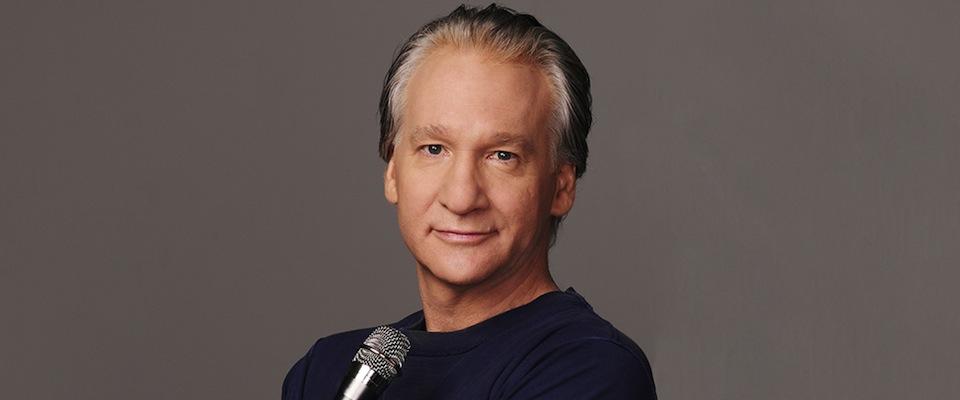It isn’t often that a university’s internal governance appointment is newsworthy.
Yet Wednesday’s confirmation of Sadia Saifuddin to the otherwise uncontroversial (and outside most circles, little known) position of student representative to the University of California Board of Regents has received national media attention befitting a state gubernatorial race—as evidenced by the fact that a student body senator could only give us 7 minutes on the phone before her next scheduled interview.
Although the 21-year-old senior will be only the second undergrad to hold the position in a decade, and the first practicing Muslim on the Board ever, that isn’t what’s grabbed all the attention.
In her current position as ASUC senator, Saifuddin co-sponsored a student body resolution with eight other senators that called upon the school to divest from companies with economic ties to the Israeli military or to Israeli settlements in the West Bank.
The bill, which passed last April, calls upon the University to pull all investments from Caterpillar, Hewlett-Packard, and the building material conglomerate, CRH. These companies, in the words of the bill’s authors, “sell their products to the Israeli military as it violates international law and Palestinian human rights through its illegal occupation.” Anticipating certain criticisms, the bill goes on to state “any attack directed at Israeli, Palestinian, or any other civilians is unacceptable.”
Divestment is not a new salvo in the perennial campus debate over Israel. As Chris Smith wrote in California in 2011, a similar bill came before the ASUC two years ago. That bill was passed by the student senate, only to fall to a presidential veto.
The vote was almost entirely symbolic—neither the University’s endowment fund nor its retirement program have taken steps to divest, nor are they obliged to do so. But both times, the divestment debate became the channel through which all aspects of the Israel/Palestine debate funneled. And both times the otherwise obscure spats of undergrad campus politics somehow seemed to take on international import.
Daily Californian columnist Jason Willick called the vote “utterly irrelevant,” but then wondered whether the vote “reflects any emerging fractures in Israel’s traditionally deep and durable coalition of American supporters.”
Naturally then, since Saifuddin’s nomination as Student Regent last month, her support for the bill has raised the ire of pro-Israel activists around the country. In an open letter to the Board last month, conservative activist David Horowitz wrote that her confirmation would “set a dangerous precedent to encourage escalated anti-Semitism on campus.”
Likewise, in a press release issued this afternoon after the confirmation, the Los Angeles–based nonprofit, StandWithUs, expressed disappointment at the UC Board of Regents’ decision not to “reject the kind of bigotry that Sadia Saifuddin promotes.”
Not everyone agrees that Saifuddin played such a divisive role in this year’s divestment debate. Former UC student regent Jonathan Stein told the Associated Press, “Sadia is what kept UC Berkeley from cracking apart through that experience.”
For her part, Saifuddin is doing her best to distance herself from the controversy. “My biggest priority is that the UC system stays affordable,” she said in a telephone interview yesterday.
“In my capacity as senator, I’ve done a lot of things,” she said, pointing to her campaign to open a food pantry on campus. That bill, which unlike the divestment resolution Saifuddin actually authored, secured $90,000 to fund an on-campus food and hygiene product dispensary for low-income students. “The divestment issue has taken center stage. That’s unfortunate, if not unexpected. But ultimately, that really has little to do with education, and that will be my focus.”
Between now and July 2014 when her term starts, there will be other issues to tackle, controversies to quell, and a new UC president to swear in. “People are having this conversation now, but in a month or so, there’s going to be a lot of more pressing work to do,” she said.
In other words, she’s counting on people to move on to another topic. But based on recent history, how likely is that?
—Ben Christopher


















